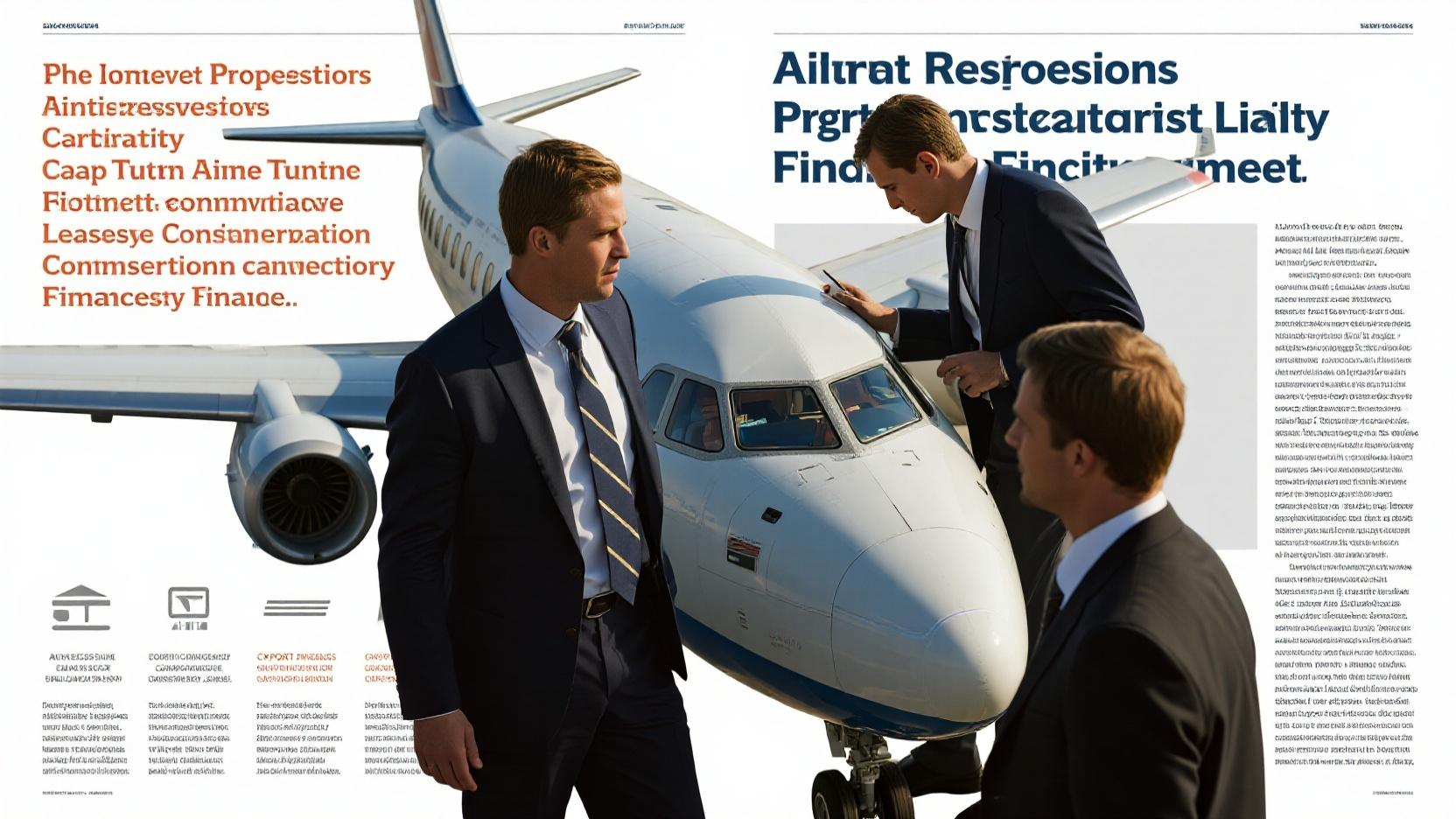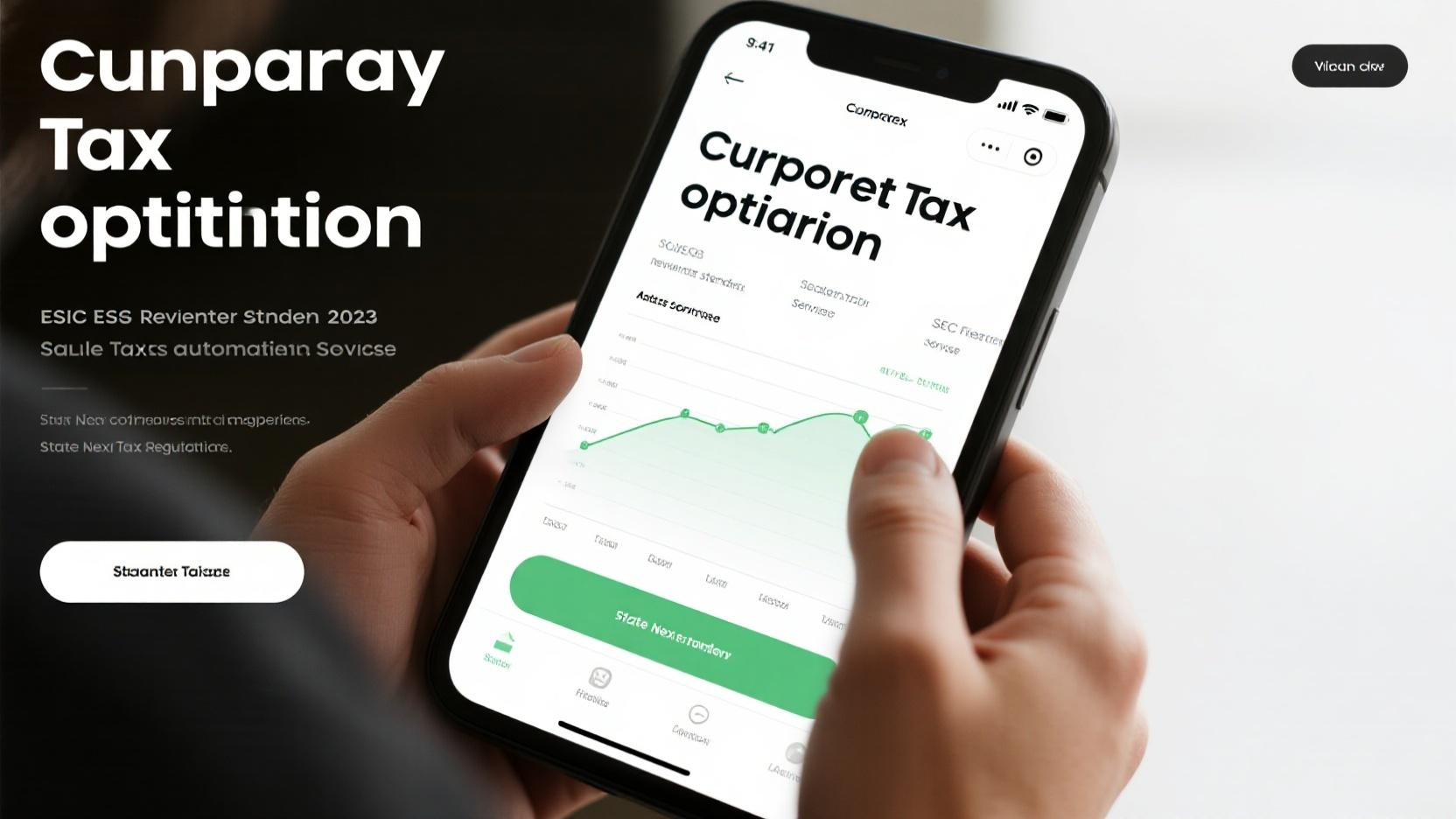Image Source: unsplash
In global business, drafting and translating multilingual clauses in business contracts ensures clarity across diverse languages. Misinterpretation risks can lead to costly disputes. For example, discrepancies in translated Terms of Service, such as incomplete translations or incorrect term choices, have caused privacy and arbitration errors. You need professional expertise to draft and translate these clauses with precision, avoiding legal pitfalls.
Key Takeaways
- Multilingual clauses help everyone understand the contract terms clearly.
- Simple words and no tricky legal terms make it easier to read.
- Hiring skilled translators and lawyers ensures the contract is correct.
Understanding Multilingual Clauses in Business Contracts
What Are Multilingual Clauses?
Multilingual clauses are provisions in contracts written in two or more languages. These clauses ensure that all parties, regardless of their native language, understand the terms of the agreement. For instance, a contract might include Terms of Service in English, German, Italian, and Polish. The table below illustrates this concept:
| Language | Example of Multilingual Clause |
|---|---|
| English | Terms of Service in English |
| German | Terms of Service in German |
| Italian | Terms of Service in Italian |
| Polish | Terms of Service in Polish |
Dual-language contracts often use a side-by-side format, especially in agreements involving Spanish, Chinese, or Arabic-speaking parties. This approach minimizes misunderstandings and fosters trust between international partners.
Why Are Multilingual Clauses Important in Business Contracts?
Multilingual clauses play a vital role in global commerce. They prevent miscommunication and ensure that all parties interpret the contract consistently. A past incident in Spain highlights this importance. A contract included an arbitration clause specifying Texas as the venue, even though both parties were based in Spain. This oversight could have caused significant complications. Clear and accurate translations, along with prevailing language clauses, help you avoid such costly disputes.
Key benefits of multilingual clauses include:
- Reducing risks of legal conflicts due to translation errors.
- Ensuring compliance with local and international laws.
- Building stronger relationships with global partners.
Legal and Practical Implications of Multilingual Clauses
The legal and practical implications of multilingual clauses are profound. In a study of 200 contracts across four languages, researchers identified discrepancies caused by translation inaccuracies, missing clauses, and legal terminology differences. These issues can lead to disputes if not addressed properly. For example:
- Bilingual contracts often contain imprecise translations.
- Courts may favor a language version that contradicts the parties’ expectations.
- Prevailing language clauses alone may not resolve conflicts if discrepancies exist.
By adopting best practices for drafting and translating multilingual clauses in business contracts, you can safeguard your agreements and ensure legal compliance.
Challenges in Drafting and Translating Multilingual Clauses

Image Source: pexels
Navigating Legal Terminology and Cultural Nuances
Legal terminology often varies significantly across languages, requiring specialized expertise to ensure accuracy. For example, a term in English may have multiple interpretations in another language, leading to confusion. You must account for these differences to avoid disputes or loss of legal value. Additionally, cultural nuances play a critical role in contract negotiation. Many companies fail to consider local cultural and linguistic distinctions, which can result in miscommunication. Training in cross-cultural understanding is essential to bridge these gaps and create contracts that resonate with all parties involved.
When drafting multilingual clauses, you should also recognize how different languages emphasize various aspects of legal concepts. This awareness ensures that each version of the contract reflects the same intent, fostering mutual understanding and trust.
Avoiding Misinterpretation and Ambiguity
Misinterpretation and ambiguity are common pitfalls in multilingual contracts. Studies reveal that translation errors, such as incorrect term choices or incomplete translations, often lead to misunderstandings. For instance, grammatical errors or ambiguous phrasing can alter the meaning of a clause, creating legal risks. The table below highlights some common issues:
| Evidence Type | Description |
|---|---|
| Translation Errors | Mistakes like incorrect terms or incomplete translations cause confusion. |
| Legal Concept Ambiguity | Differences in legal systems lead to varying interpretations of clauses. |
| Divergent Interpretations | Languages emphasize different aspects, affecting mutual understanding. |
To mitigate these risks, you should prioritize high-quality translations and ensure that all versions of the contract align with the original intent.
Ensuring Compliance with Local and International Laws
Compliance with both local and international laws is crucial when drafting and translating multilingual clauses in business contracts. Contradictions between language versions can lead to compliance issues, exposing your business to unexpected risks. For example, prevailing language clauses may not always resolve disputes effectively if discrepancies exist. To address this, you should use plain language, keep sentences concise, and ensure that both language versions of the contract accurately reflect the intended agreements.
By maintaining full control over the drafting process, you can avoid misunderstandings and safeguard your business from legal complications. This approach not only ensures compliance but also strengthens your position in global markets.
Best Practices for Drafting and Translating Multilingual Clauses
Drafting Precise Multilingual Clauses
Precision is the cornerstone of effective multilingual clauses. You should draft contracts in plain language to ensure clarity and facilitate accurate translations. Complex legal jargon often leads to misinterpretation, especially when translated into multiple languages. A clause-by-clause review with qualified professionals ensures that every term aligns with the intended meaning.
Cultural differences also play a significant role in contract interpretation. For example, negotiation styles and legal concepts vary across regions. By understanding these nuances, you can create contracts that resonate with all parties. Avoid dual-language contracts whenever possible, as they often introduce confusion. Instead, consider using a single language for clarity and include a prevailing language clause to resolve potential disputes.
| Guideline | Description |
|---|---|
| Use plain language | Draft contracts in clear, easy-to-understand terms to facilitate translation and enhance clarity. |
| Be aware of cross-cultural differences | Understand cultural nuances that may affect contract interpretation and negotiation, ensuring effective communication across diverse teams. |
| Avoid dual-language contracts if possible | Dual-language contracts can lead to confusion and misinterpretation; consider using a single language for clarity. |
| Conduct clause-by-clause review | Ensure translation accuracy by reviewing each clause with qualified professionals or experienced translators to maintain legal integrity. |
Leveraging Professional Translators and Legal Experts
Engaging professional translators and legal experts is essential for drafting and translating multilingual clauses in business contracts. These professionals bring specialized knowledge that ensures accuracy and compliance. Legal translators help businesses navigate language barriers, facilitating smooth international operations. Their expertise guarantees that all parties understand their obligations, reducing the risk of disputes.
| Benefit | Description |
|---|---|
| Facilitating International Business | Legal translators help businesses operate smoothly across language barriers, preventing misunderstandings. |
| Ensuring Fair Business Practice and Compliance | Translations ensure all parties understand their obligations and are often required for legal validity. |
| Accuracy of Legal Records | Expert translation ensures precision, critical to avoid legal issues stemming from mistranslations. |
| Enhanced Accessibility | Translated documents allow all parties to engage and provide insights, overcoming language barriers. |
By leveraging these experts, you can ensure that your contracts meet legal standards and foster trust among global partners.
Validating Translations and Using Prevailing Language Clauses
Validating translations is a critical step in ensuring the integrity of multilingual contracts. A two-column format, with one side in English and the other in another language, is a common practice. This layout allows for easy comparison and reduces the risk of errors. Including a prevailing language clause further strengthens your contract. This clause specifies which language version will take precedence in case of discrepancies, providing a clear resolution mechanism.
To achieve accurate translations, always work with native-speaking translators who specialize in legal documents. Their expertise ensures that the translated text faithfully represents the original intent. By following these practices, you can minimize risks and maintain the legal validity of your contracts.
- Multi-language contracts often utilize a two-column format, with one side in English and the other in a different language.
- A provision is included to specify which language will be the official one in case of disputes.
- To address contradictions between translations, a prevailing language clause is often included, indicating which version prevails in case of discrepancies.
- It is crucial to use professional, native-speaking translators who specialize in legal document translation to ensure accuracy and fidelity in contract translations.
Precision and professional expertise are essential for multilingual contracts. Adopting best practices offers significant benefits:
- Plain language improves clarity and simplifies translation.
- Cultural understanding strengthens international negotiations.
- Accurate translations prevent costly misunderstandings and foster trust.
- Clause-by-clause reviews ensure high-quality results.
Prioritize accuracy and compliance to protect your business and build global partnerships.
FAQ
What is the best way to ensure accurate translations in multilingual contracts?
Always hire professional legal translators. Their expertise ensures precise translations, reducing risks of misinterpretation and legal disputes. Accuracy builds trust and strengthens your global business relationships.
Should you include a prevailing language clause in every multilingual contract?
Yes, you should. A prevailing language clause resolves discrepancies between translations. It ensures clarity and avoids conflicts, protecting your business from potential legal challenges.
How can you avoid cultural misunderstandings in multilingual contracts?
- Research cultural nuances before drafting.
- Collaborate with local legal experts.
- Tailor clauses to reflect regional practices.
This approach fosters mutual understanding and trust.











